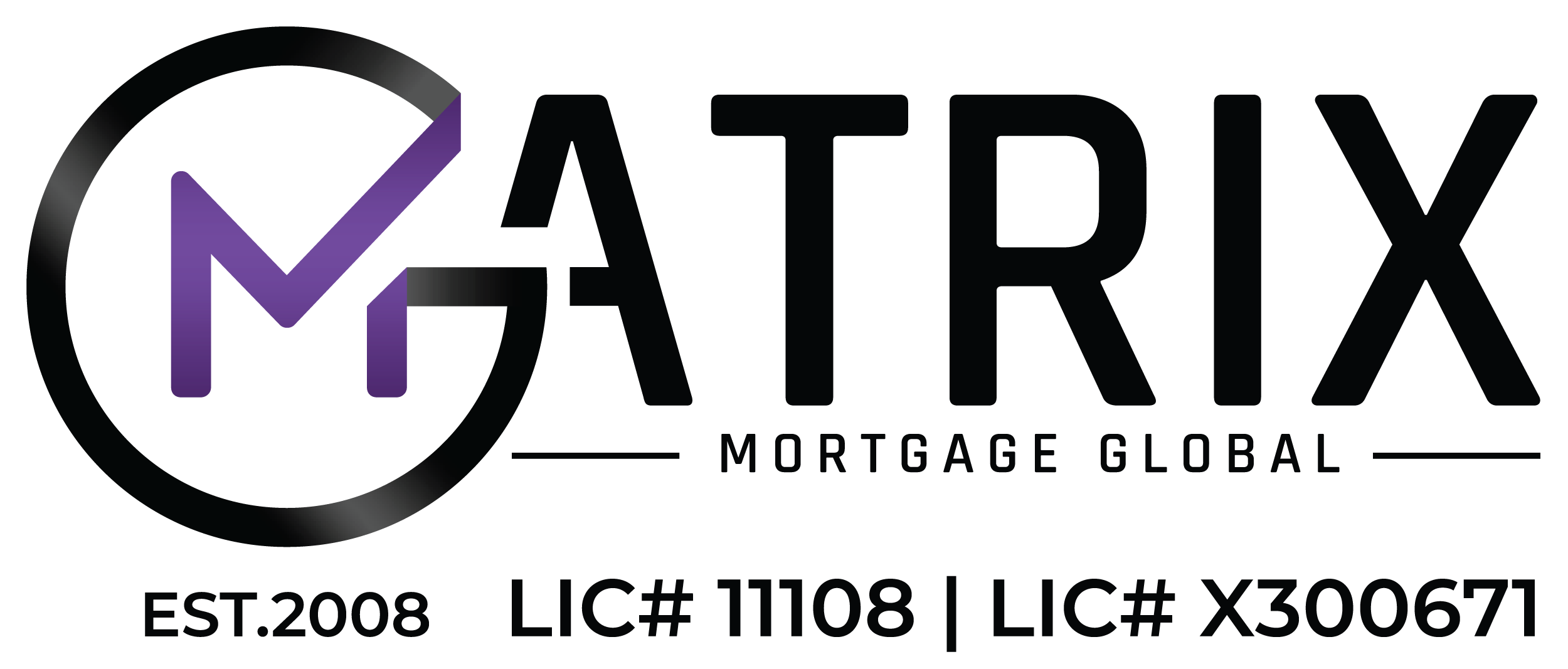
Understanding private mortgages guide to quick funds
A private mortgage is a loan that is made by an individual or a private lending company rather than a traditional lender such as a bank or mortgage company. Private mortgages are often used as an alternative to traditional mortgages when borrowers are unable to qualify for a mortgage from a traditional lender due to credit issues, income restrictions, or other factors.
Private mortgages can be either secured or unsecured, depending on the terms of the loan. A secured private mortgage is backed by collateral, typically the borrower’s home, and the lender can foreclose on the property if the borrower defaults on the loan. An unsecured private mortgage does not require collateral, but the interest rates may be higher to compensate for the increased risk to the lender.
Private mortgages can be a good option for borrowers who are unable to qualify for a traditional mortgage, but they typically come with higher interest rates and fees than traditional mortgages. It is important to carefully consider the terms of a private mortgage before agreeing to it, and to compare it to other financing options to determine which one is the best fit for your needs.
Steps to apply for a private mortgage
If you are planning to apply for a private mortgage, you will need to follow these steps:
- Research lenders: Start by researching private mortgage lenders in your area to find one that is reputable and offers the type of loan that you are looking for. You can ask for recommendations from friends or family members, or you can search online for lenders that specialize in private mortgages.
- Gather your financial information: To apply for a private mortgage, you will need to provide the lender with financial information, including your credit score, income, employment history, and debt-to-income ratio. Gather this information before you start the application process to make it easier to complete.
- Fill out the application: Once you have found a lender that you are interested in working with, fill out the application and provide any required documentation. This may include proof of income, employment, and credit history.
- Wait for approval: After you have submitted your application, the lender will review it and make a decision on whether to approve your loan. This process can take a few days or longer, depending on the lender.
- Review the terms of the loan: If your loan is approved, the lender will provide you with a loan agreement outlining the terms of the loan, including the interest rate, repayment period, and any fees or charges associated with the loan. Carefully review the terms of the loan and ask any questions you may have before agreeing to it.
- It is important to shop around and compare offers from multiple lenders before deciding which private mortgage is the best fit for your needs. Make sure to carefully review the terms of the loan and consider the potential risks and benefits before making a decision.
How can I use a private mortgage?
Private mortgages can be used for a variety of purposes, including:
• Home purchases: Private mortgages can be used to purchase a home when the borrower is unable to qualify for a traditional mortgage due to credit issues or other factors.
• Refinancing: Private mortgages can be used to refinance an existing mortgage, either to lower the monthly payments, change the terms of the loan, or access additional funds.
• Home improvements: Private mortgages can be used to finance home improvement projects, such as renovations, repairs, or upgrades.
• Debt consolidation: Private mortgages can be used to consolidate high-interest debts, such as credit card balances or personal loans, into a single, lower-interest loan.
• Other large expenses: Private mortgages can be used to fund other large expenses, such as a wedding, a vacation, or a business venture.
Advantages of choosing a private mortgage
There are several potential advantages to taking out a private mortgage, including:
• Flexibility: Private mortgages can be more flexible than traditional mortgages, as they may be structured to meet the specific needs and financial situation of the borrower. For example, you may be able to choose the loan term and repayment period that works best for you.
• Quicker approval: Private mortgages may be approved more quickly than traditional mortgages, as the lender may have a more streamlined application process and may be able to make a decision on the loan more quickly.
• Alternative for borrowers with credit issues: Private mortgages may be an option for borrowers who are unable to qualify for a traditional mortgage due to credit issues or other factors.
• Potential to lower monthly payments: Private mortgages may allow you to consolidate high-interest debts into a single, lower-interest loan, potentially lowering your monthly payments.
However, it is important to keep in mind that private mortgages also carry some risks. They typically come with higher interest rates and fees than traditional mortgages, and the loan is secured by your home, which means that if you default on your payments, the lender can foreclose on your property.
Conclusion
Private mortgages can be a good option for borrowers who are unable to qualify for a traditional mortgage due to credit issues or other factors. They can provide access to additional funds for a variety of purposes, such as home purchases, refinancing, home improvements, debt consolidation, or other large expenses. For more details, consider getting in touch with your local private mortgage broker. If you have liked reading this blog, consider subscribing more topics like this.

